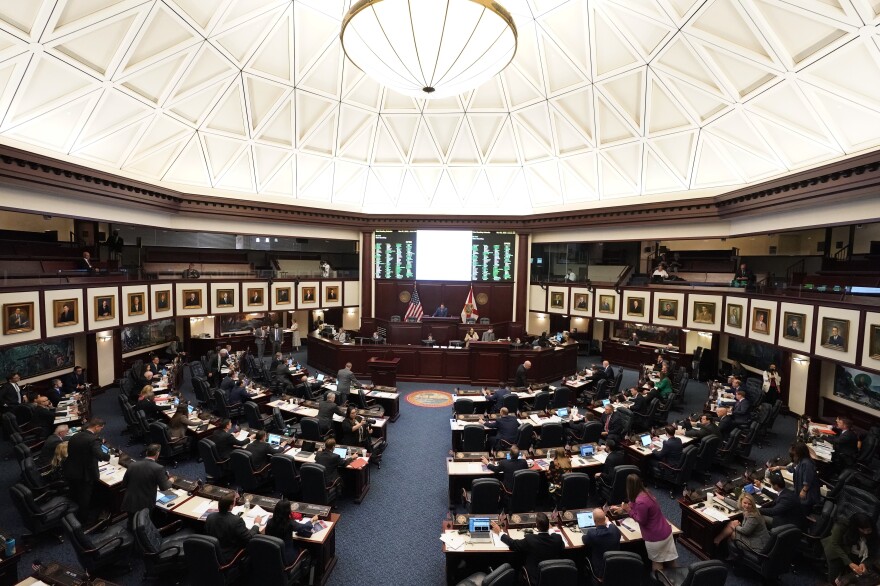Supporters say the issue is about properly compensating injured people. Opponents say it threatens to pile more costs on cities, counties, school boards and other government agencies.
In the coming months, the debate could play out — again — in the Florida Legislature.
A House panel Wednesday approved a proposal that would increase limits on payments by government agencies when people get injured because of the agencies' negligence. The issue has flared repeatedly over the years, including during the 2025 legislative session, and Wednesday's vote on a bill sponsored by Rep. Fiona McFarland, R–Sarasota, began teeing it up for the 2026 session.
"I feel confident this is the right solution at the right time," McFarland said before the House Civil Justice & Claims Subcommittee voted 16-1 to support the measure (HB 145).
The vote, however, came after local-government officials said the bill would increase costs, including for insurance. Also, they pointed to the possibility that voters will approve cutting property taxes in the November 2026 elections, squeezing revenue for local governments.
"When you look at the balance sheet, we're going to get hit on both sides," Florida League of Cities lobbyist David Cruz said.
The issue involves sovereign-immunity laws, which generally are designed to shield government agencies from costly lawsuits.
Under a law passed in 2010, government agencies' liability in such cases is capped at $200,000 for payments to a single person and $300,000 if multiple people are involved in an incident, though the caps can be exceeded if lawmakers pass a special type of measure known as a "claim" bill.
McFarland's bill would increase the caps to $500,000 and $1 million, respectively, for cases that begin as of Oct. 1 and $600,000 and $1.2 million for cases as of Oct. 1, 2031. It also would allow agencies such as cities and counties to settle lawsuits above the limits without needing the Legislature to approve claim bills.
Past attempts to increase the limits have proposed varying dollar amounts. The House passed a sovereign-immunity bill during the 2025 session, but it was not taken up by the Senate.
McFarland on Wednesday called the new proposal a "measured and responsible update … that strengthens fairness, consistency and accountability in our system."
In addition to the objections from the Florida League of Cities, groups and governments expressing opposition Tuesday included the Florida Association of Counties, the Safety Net Hospital Alliance of Florida, organizations representing rural school districts and counties and Miami-Dade County.
A Senate version of McFarland's bill has not been filed. The 2026 session will start in January.
Copyright 2025 WUSF 89.7

